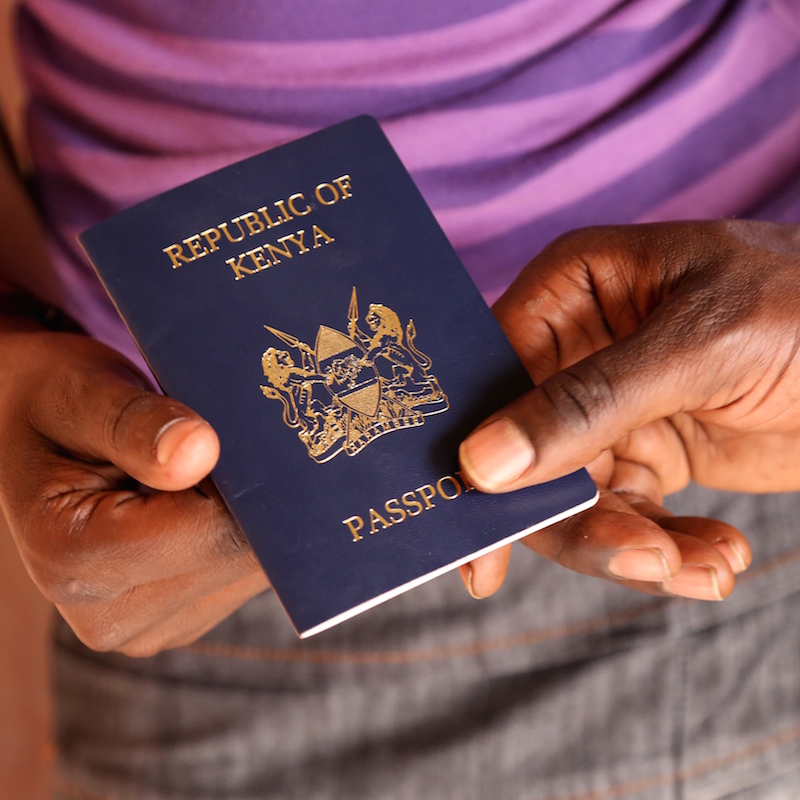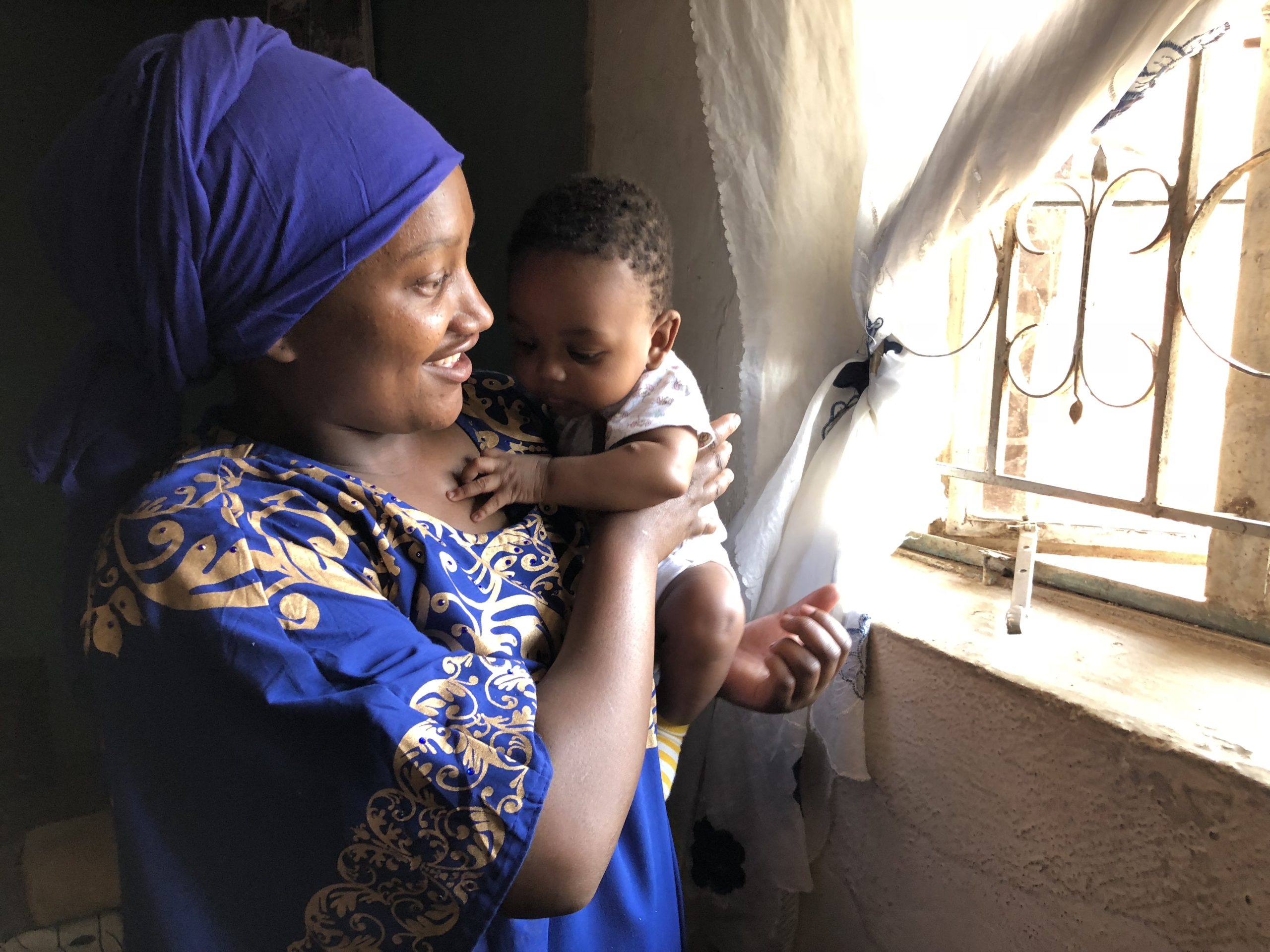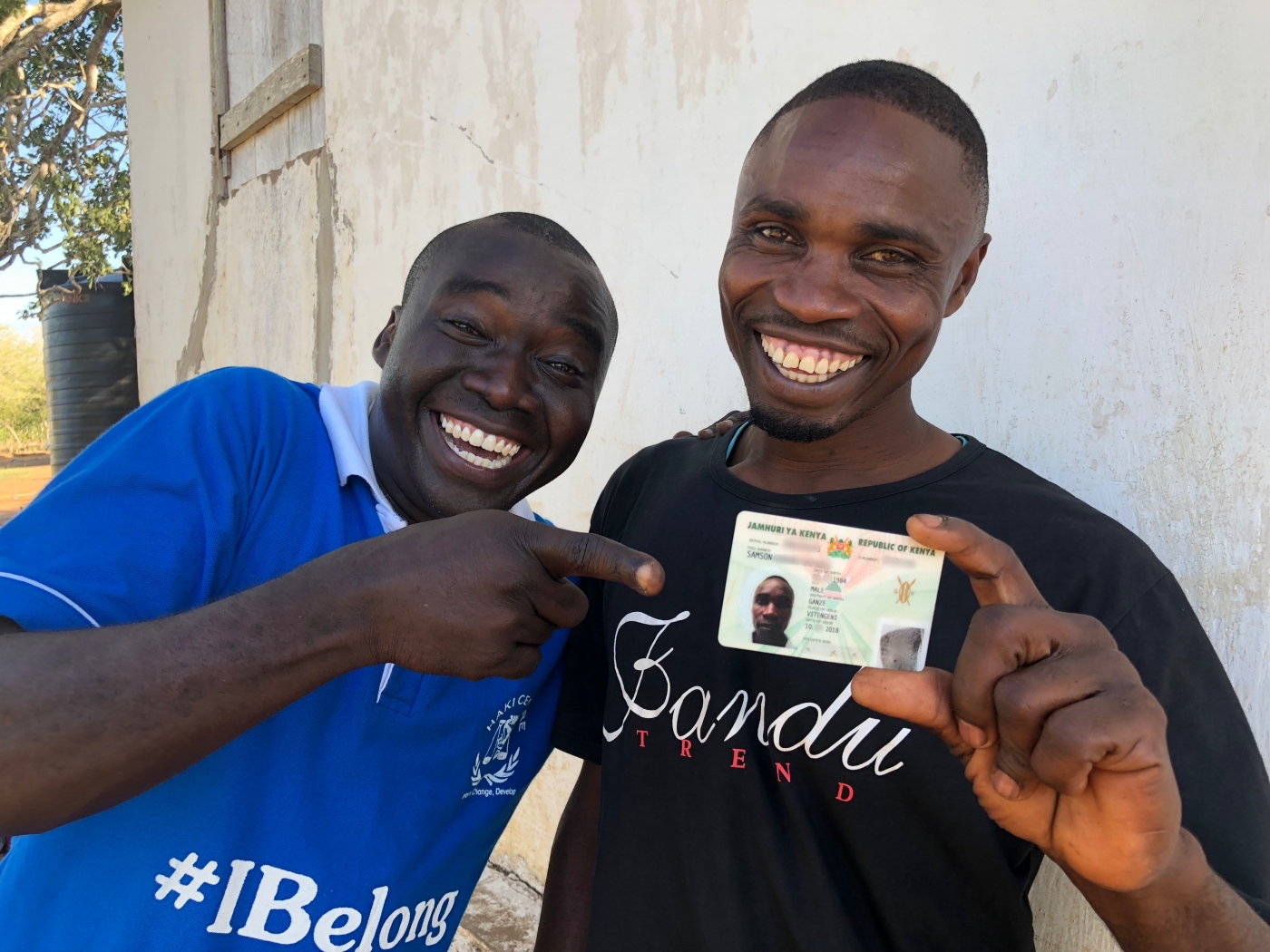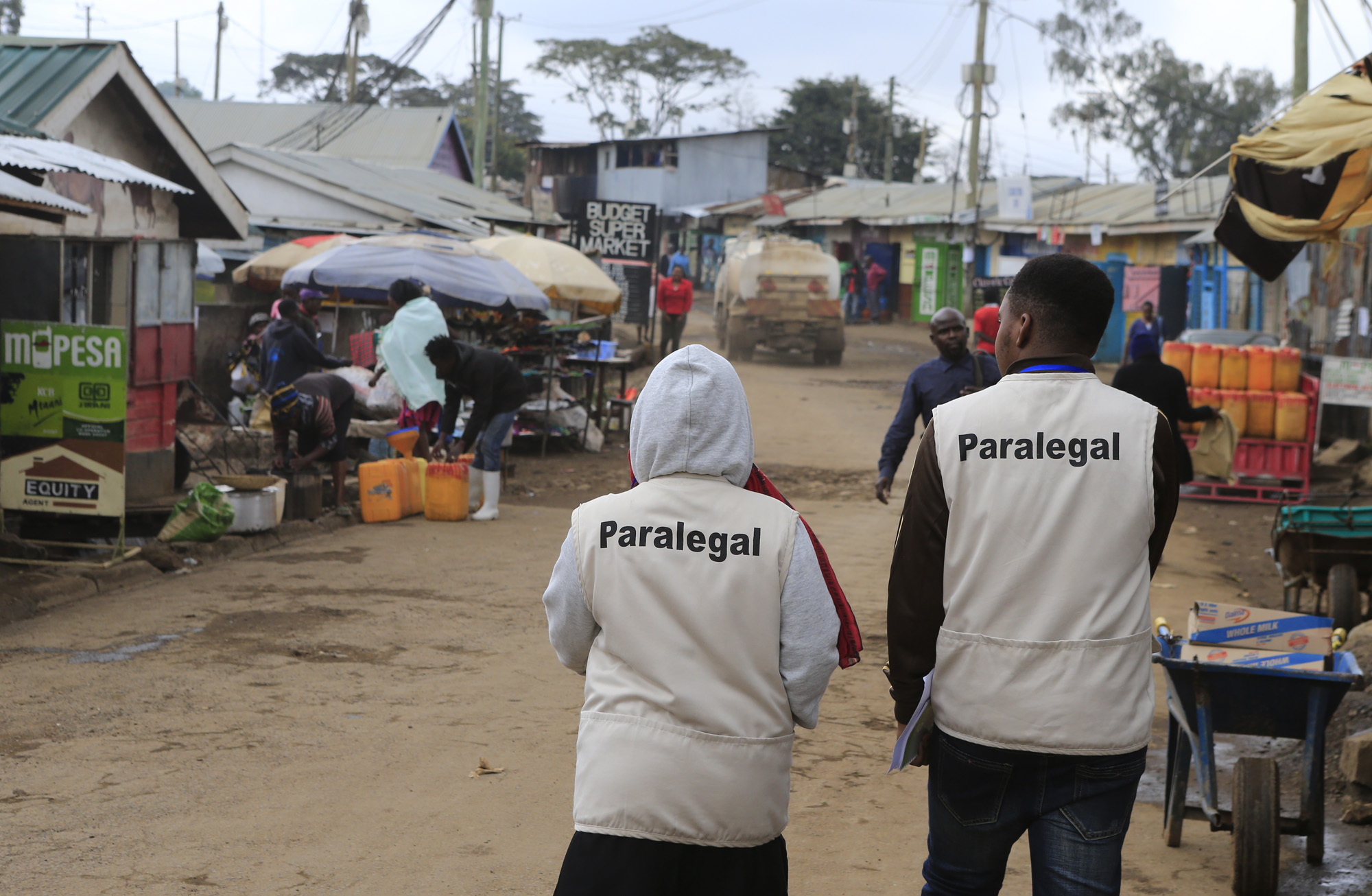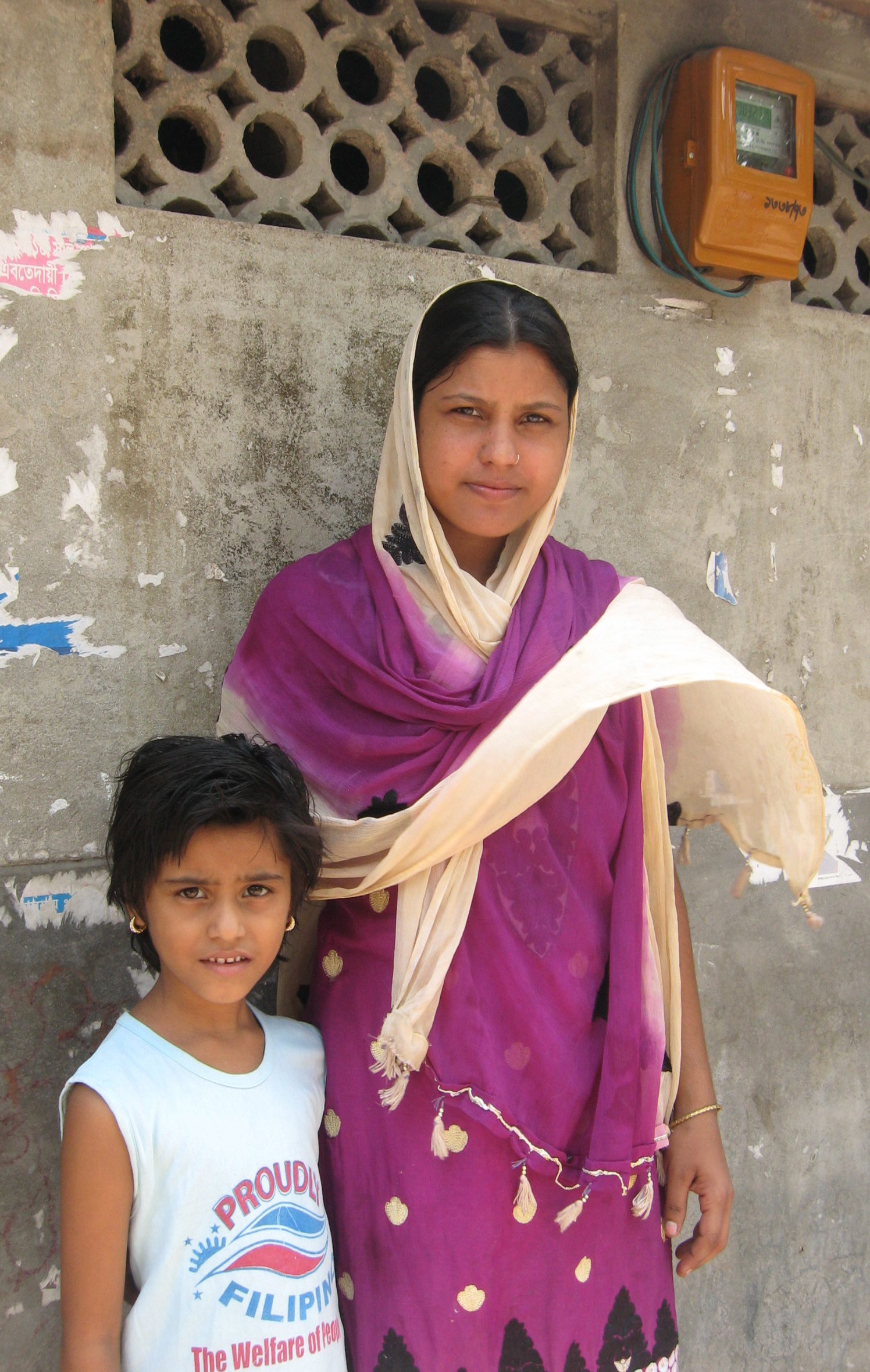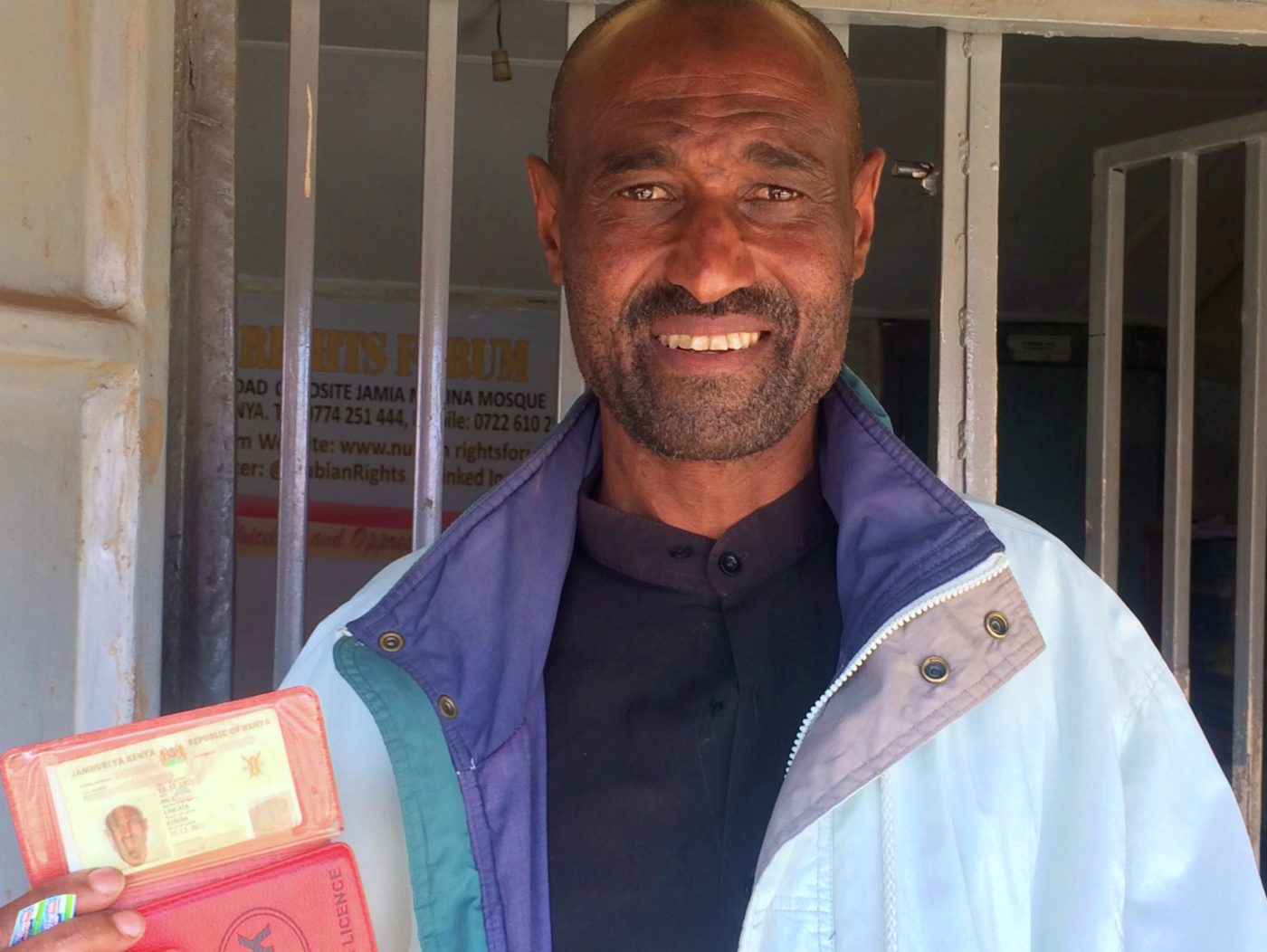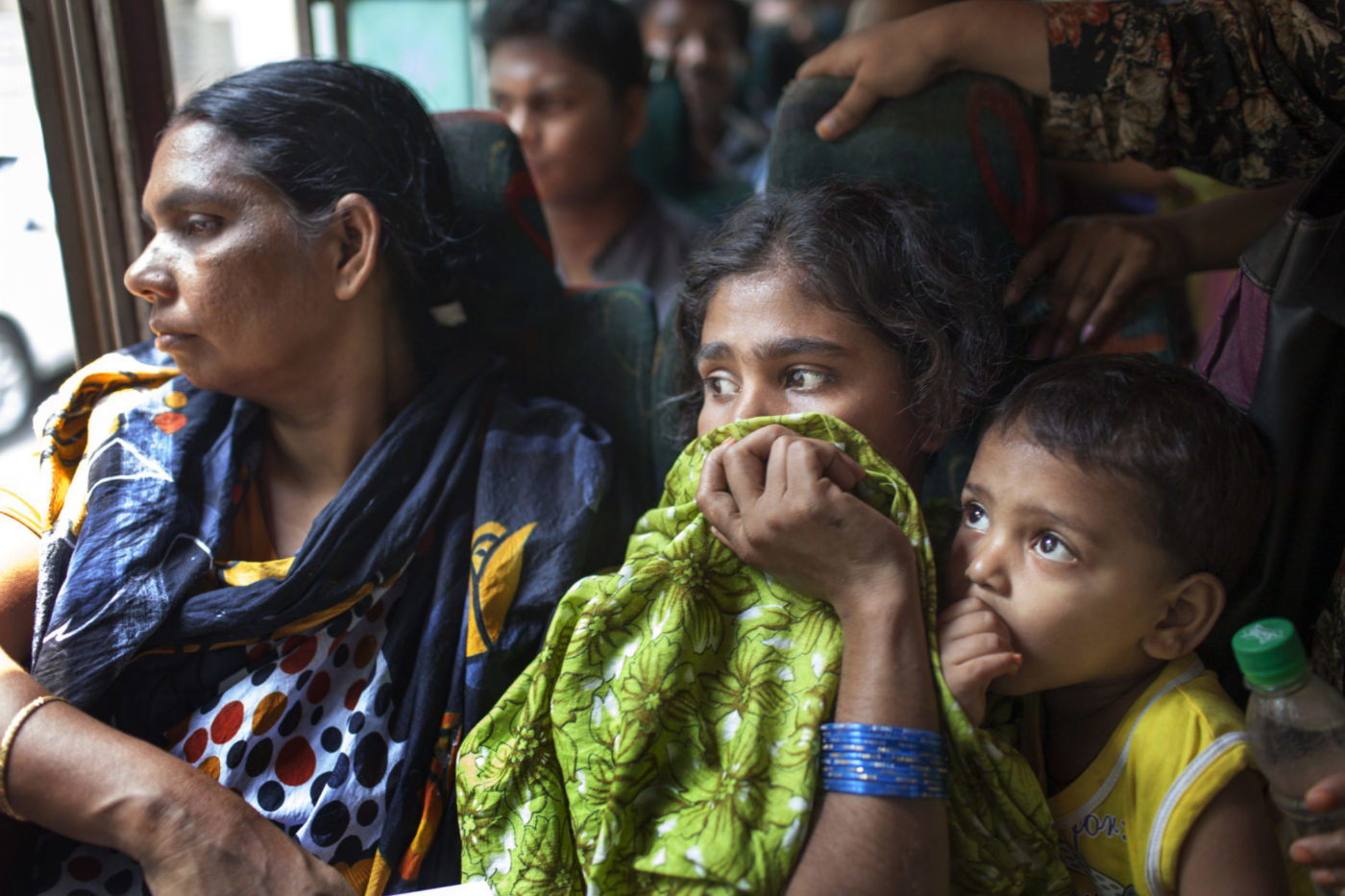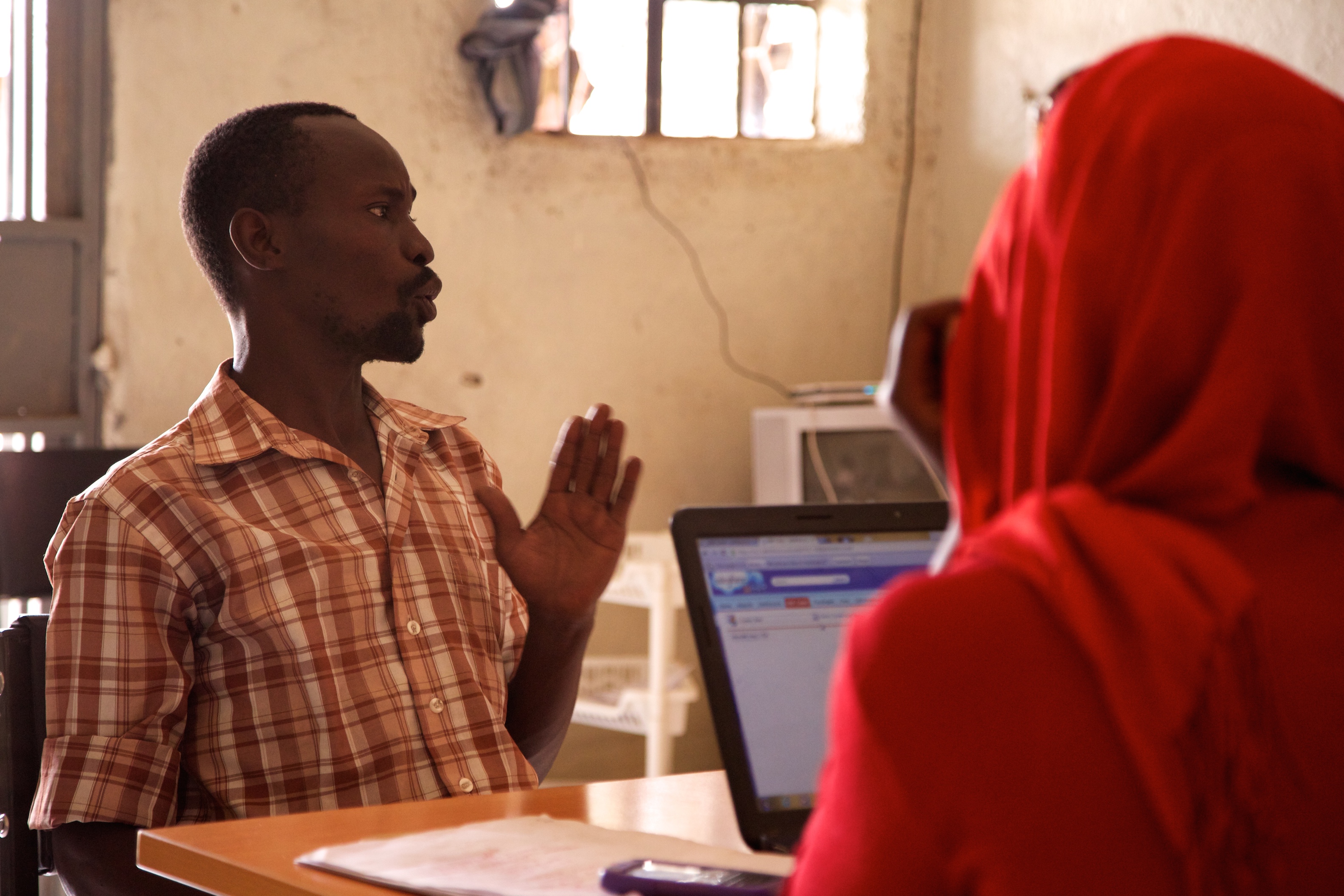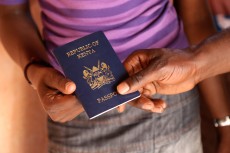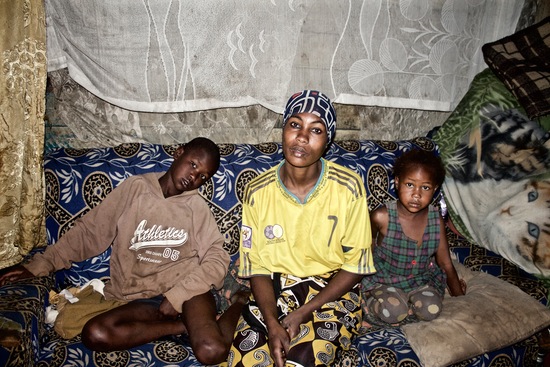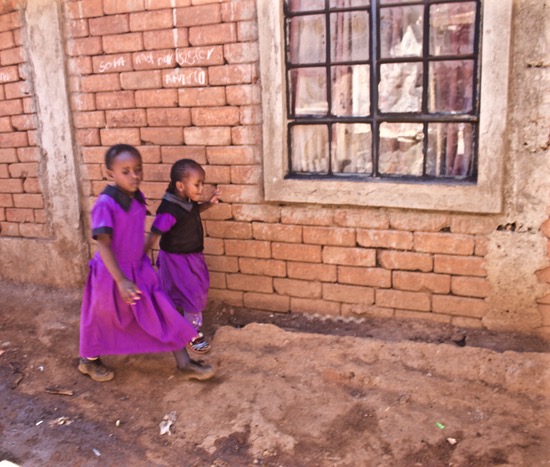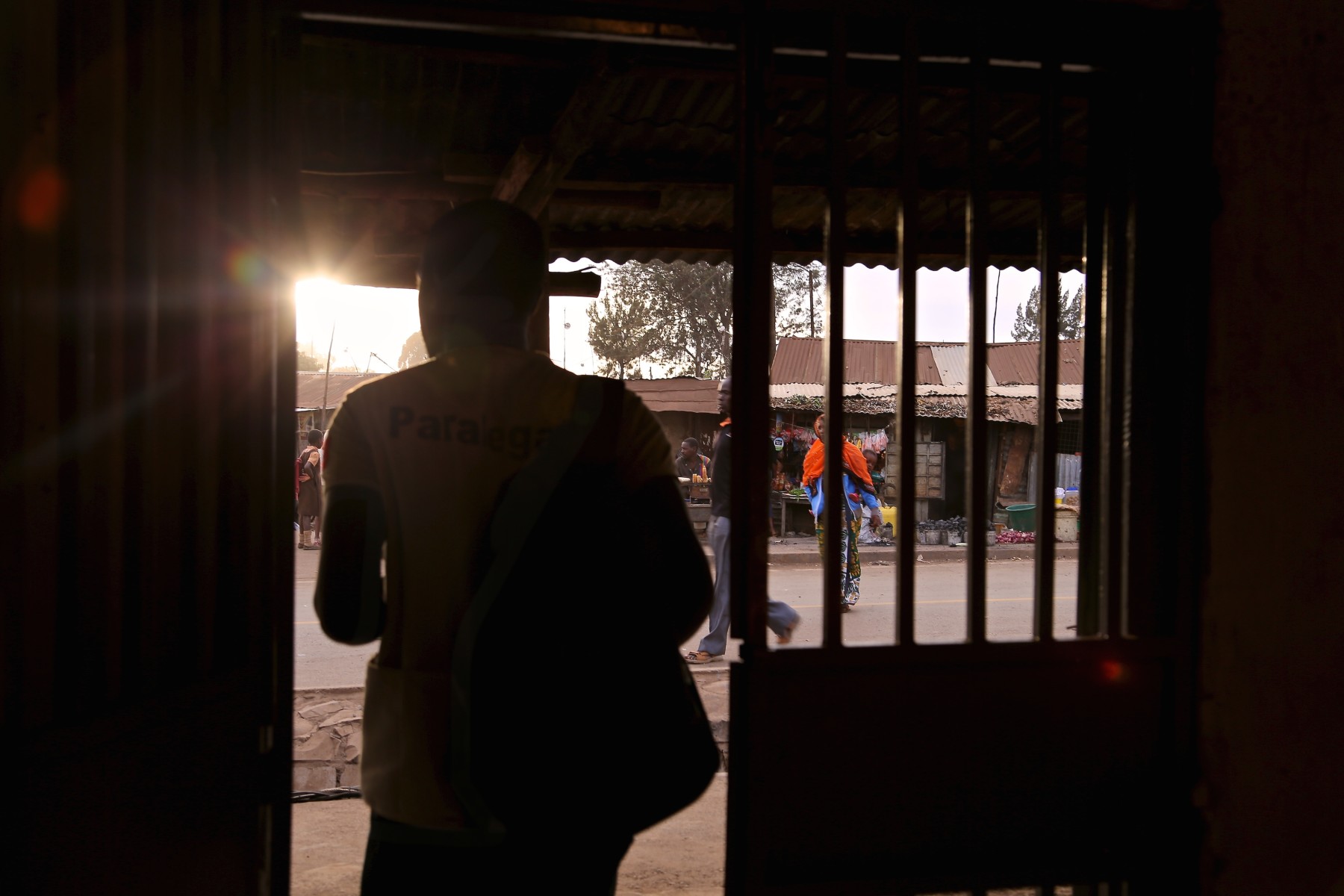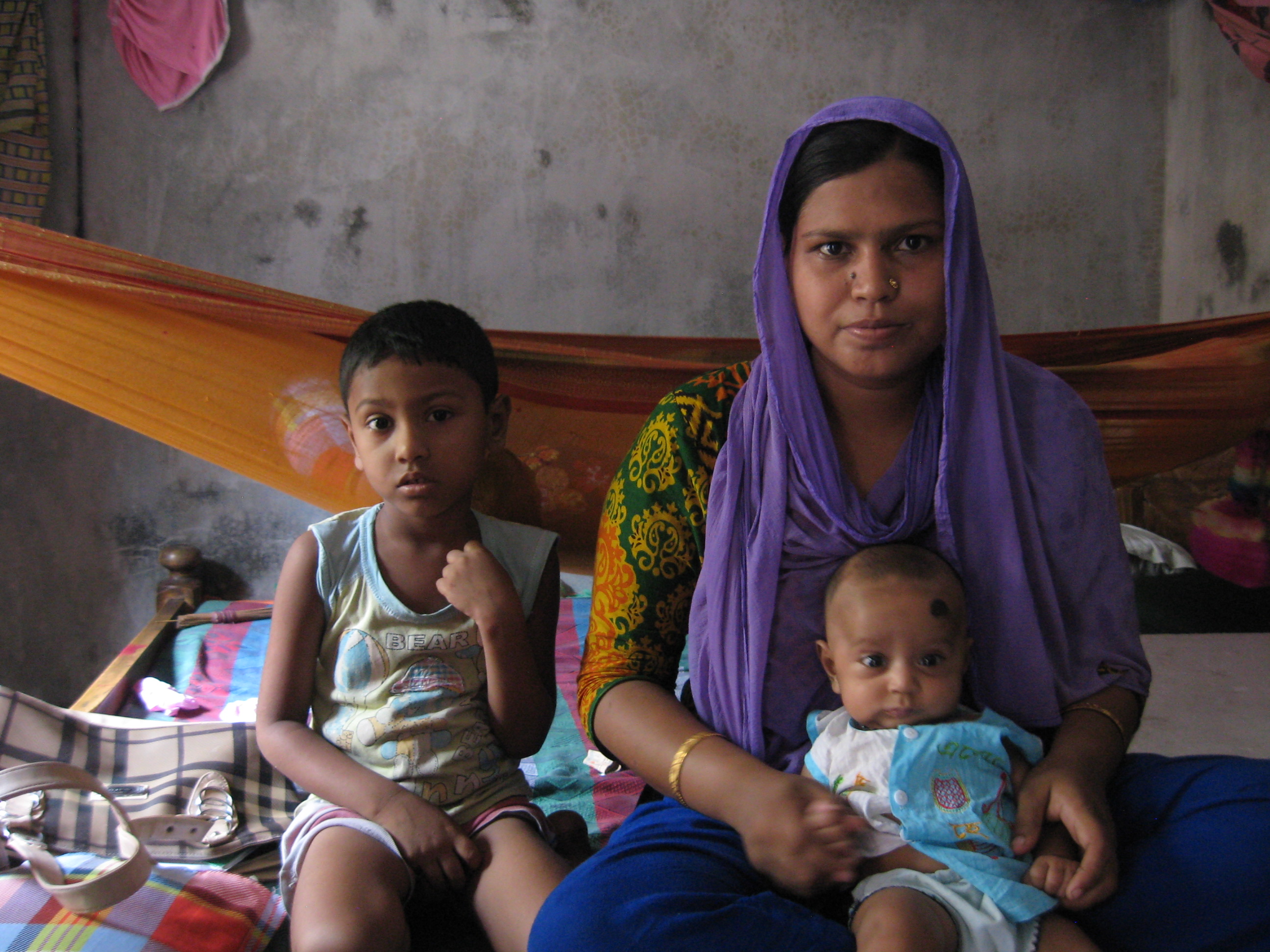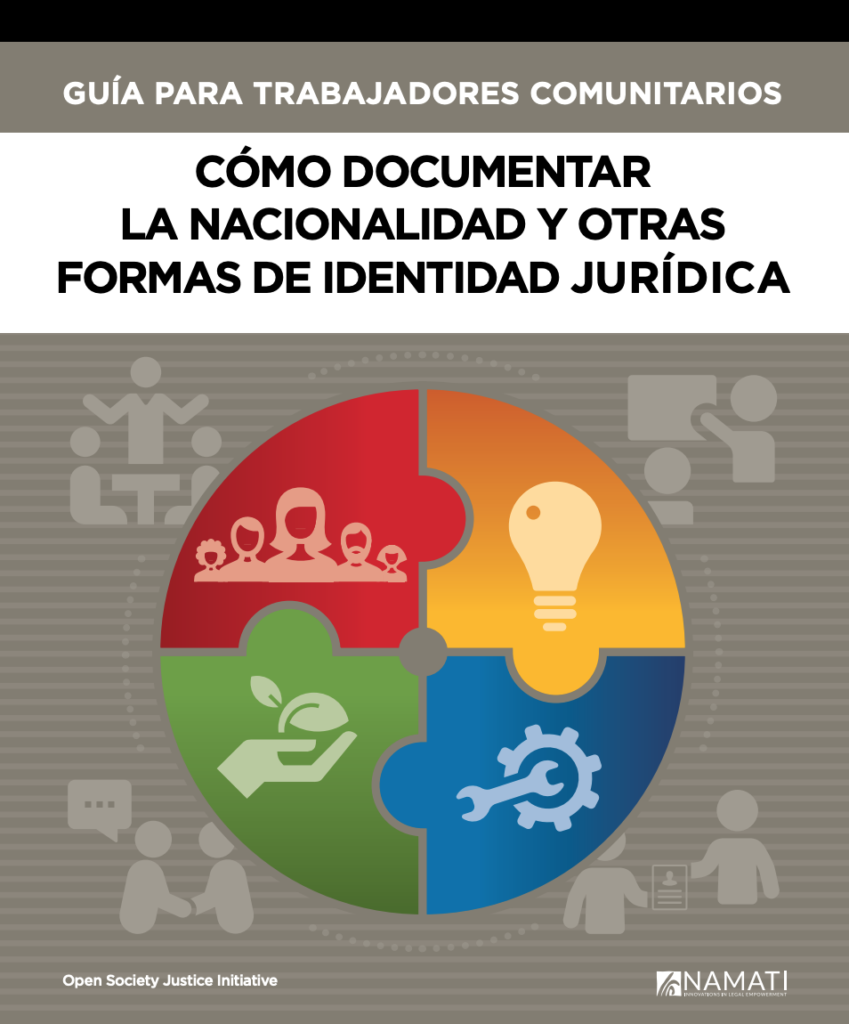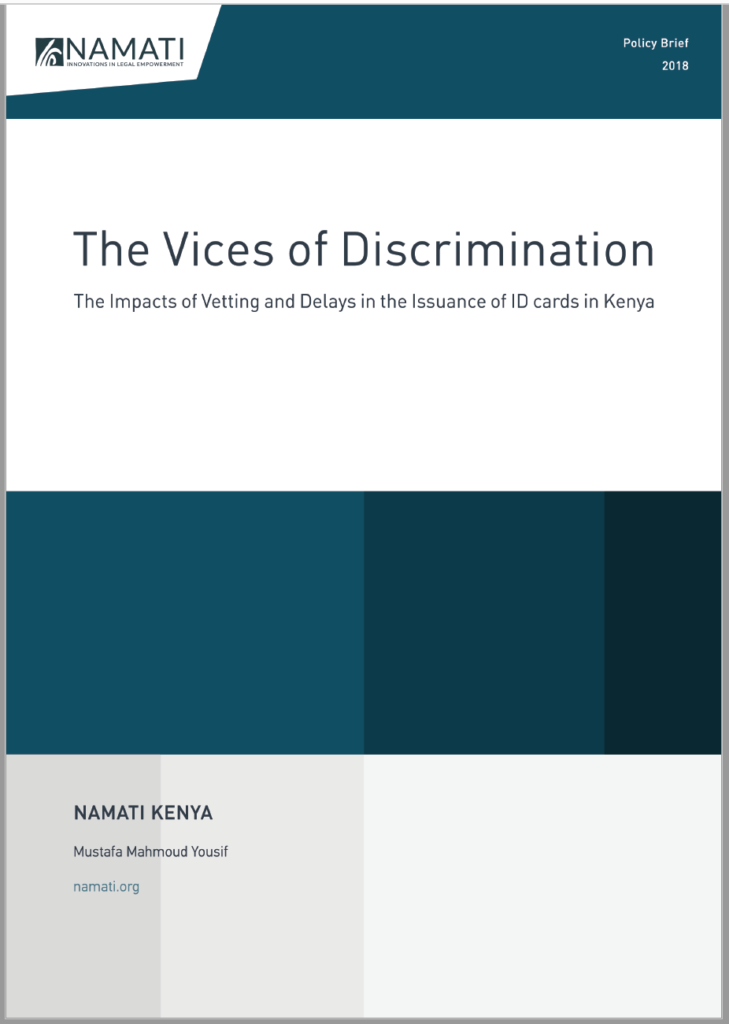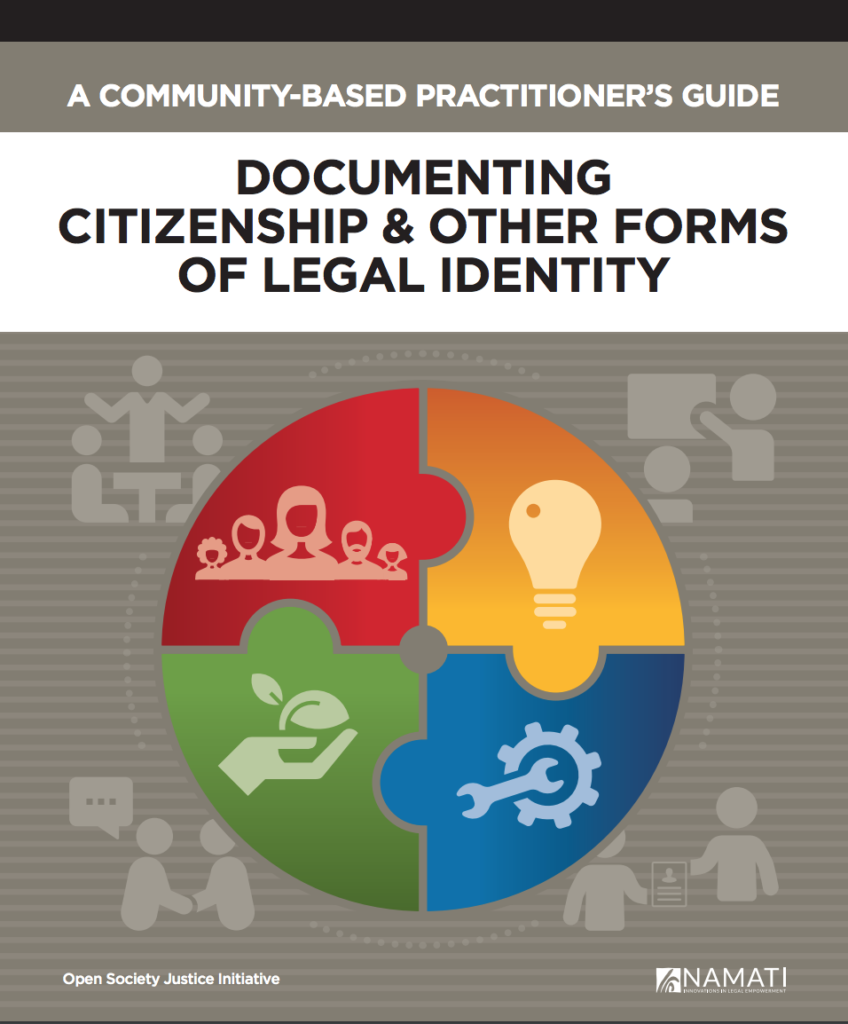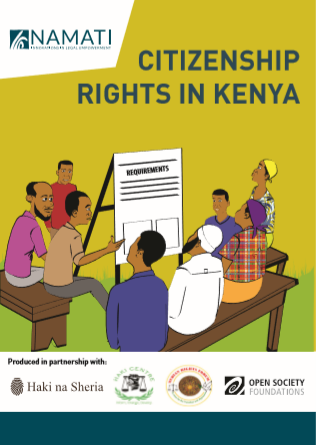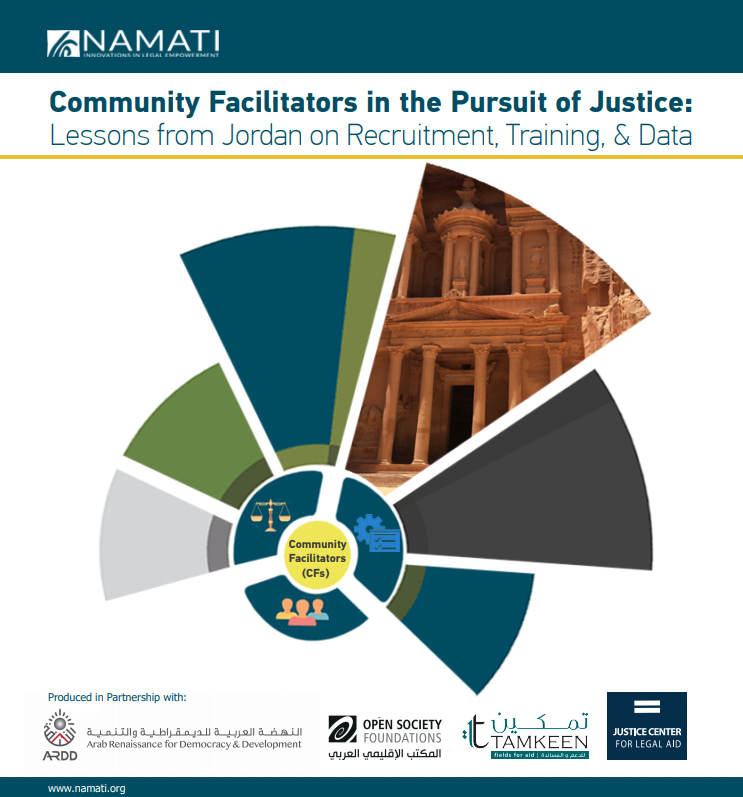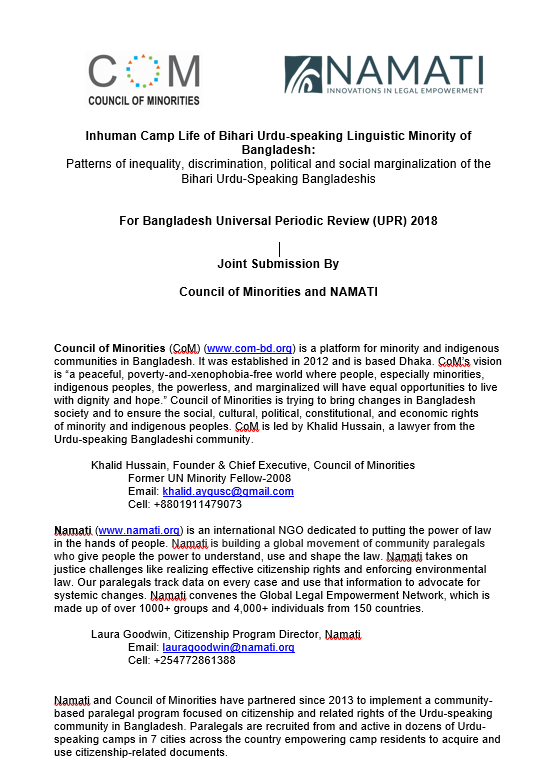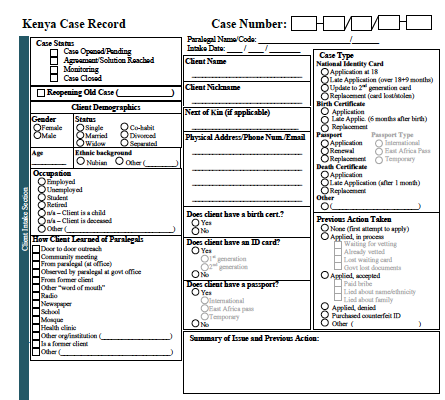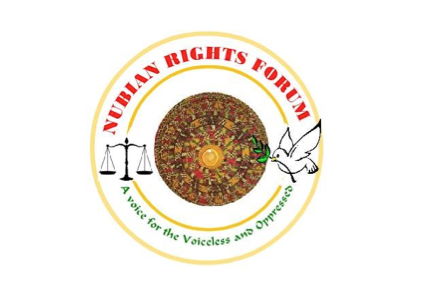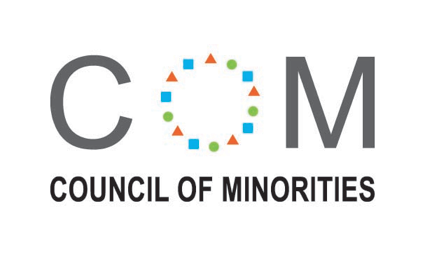There are as many as 12 million people around the globe who do not have any nationality – they are stateless.*
Stateless people are not recognized as citizens by any country, including the country they may have called home for generations. They often fall outside the formal legal system, perhaps because of discrimination in national legislation or because their community was excluded from citizenship when a country first became independent. Yet the right to a nationality is a basic human right, firmly established within international law.
Millions more have citizenship rights by law, but lack proof due to difficulties in acquiring legal identity documents like national identity cards or passports. Without a legal identity, it is impossible for them to secure rights, challenge discrimination or access services like education that can help in escaping poverty.
Although an enormous number of people worldwide lack effective citizenship rights, the phenomenon is hard to measure and is not well understood.
A joint Namati and Open Society Justice Initiative program in three pilot countries – Kenya, Bangladesh, and Jordan – trains community paralegals from historically stateless communities who continue to struggle with ineffective citizenship. Paralegals help people acquire and use identity documents and also track each case to monitor the implementation of laws in this field.
Paralegals can help people understand citizenship and documentation requirements and navigate bureaucracy, especially among those who cannot afford a lawyer.
Through the paralegal model we can test whether the denial of citizenship rights is due to state actors and/or state policy, rather than the failure of individuals to negotiate complex administrative rules.
Governments may argue with some justification that they cannot issue identity papers or provide public services because individuals do not ask for them, do not fill out the right forms, do not pay the required fees, or do not provide the correct documents. Now we can test a government’s argument. With the legal assistance provided by Namati, individuals will either receive the documents and results they need, or the responsibility can be clearly assigned to the state.
Source: United Nations High Commissioner for Refugees (UNHCR)
Featured Resources
Guía para Trabajadores Comunitarios Cómo Documentar la Nacionalidad y Otras Formas de Identidad Jurídica
Actualmente, 1.100 millones de personas en el mundo no cuentan con documentos que acrediten su identidad legal. Sin esto, no pueden votar, acceder a atención de la salud o ir a la escuela, y se exponen al riesgo de ser apátridas. Puede haber comunidades enteras—sobre todo de sectores ...
Vices of Discrimination: The Impacts of Vetting and Delays in the Issuance of ID Cards in Kenya
This policy brief aims to highlight the plight of Kenyans who face difficulties in getting identity cards due to their ethnicity. It sheds light on how the discretionary and discriminatory processes they endure delay the issuance of their ID cards and further demonstrates how these delays endanger the wellbeing of ...
A Community-Based Practitioner’s Guide: Documenting Citizenship and Other Forms of Legal Identity
Today, 1.1 billion people around the world lack legal identity documentation. Without it, they cannot vote, access healthcare, or go to school—and are at risk of becoming stateless. Entire communities—especially the poor and members of minority groups—may lack documentation, leaving them legally and politically invisible. The lack of ...
CITIZENSHIP RIGHTS IN KENYA
The Kenya Citizenship program has developed Flip charts in Kiswahili and a smaller booklet version as paralegal guide. The vision of the flip charts is to guide the paralegals during community meetings. This was as a result of the inconsistency in the content of community meetings by the paralegals from ...
Community Facilitators in the Pursuit of Justice: Lessons from Jordan on Recruitment, Training, & Data
The Community Empowerment Project, initiated by the Open Society Foundations in Jordan, builds on and complements existing refugee response efforts through legal empowerment and community-based justice services. The project supports both Syrian refugees and host communities in Jordan to understand and use legal and administrative systems to find concrete solutions ...
Inhuman Camp Life of Bihari Urdu-speaking Linguistic Minority of Bangladesh: Patterns of Inequality, Discrimination, Political and Social Marginalization
This resource is a joint submission by the Council of Minorities and Namati for Universal Periodic Review (UPR) about the treatment of Urdu-speaking Biharis in Bangladesh. Namati and Council of Minorities have partnered since 2013 to implement a community-based paralegal program focused on citizenship and related rights of the Urdu-speaking community ...
Citizenship Case Record Form - Namati Paralegal Materials
Recording information about individual cases is extremely important for an effective, organized paralegal program. This one page case tracking form, also known as a case management form or intake form, is used by Namati and the Nubian Rights Forum in Kenya to document work with individual clients. This form is ...
Citizenship News and Updates
news, features and opinions

